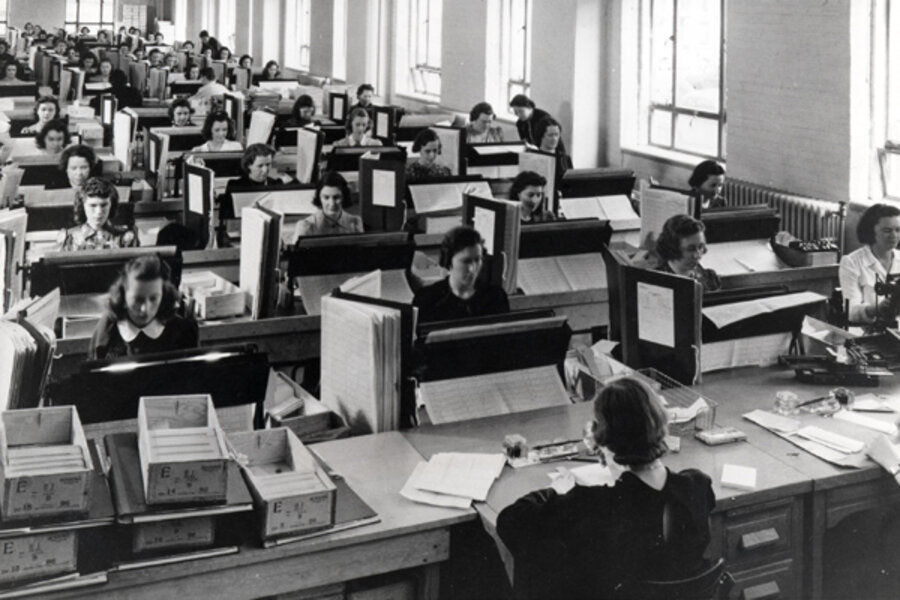1940 census records have over 20 million still alive today
Loading...
| New York
When the 1940 census records are released Monday, Verla Morris can consider herself a part of living history.
Morris, who is in her 100th year, will get to experience the novelty of seeing her own name and details about her life in the records being released by the U.S. National Archives online after 72 years of confidentiality expires.
"I'd be happy to see it there," she said. "I don't think anything could surprise me, really."
Morris is one of more than 21 million people alive in the U.S. and Puerto Rico who were counted in the 16th federal decennial census, which documents the tumultuous decade of the 1930s transformed by the Great Depression and black migration from the rural South. It's a distinction she shares with such living celebrities as Clint Eastwood and Morgan Freeman.
Morris, who has been working on her family history since 1969 and has written six books on its branches, said census records were essential for her genealogical work because oftentimes people don't want to give their personal information.
"Lots of times I just have to wait until maybe they die," she said. "Then I'll have all their information."
But census records, which include names, addresses and — in the case of the 1940 census, income and employment information — are rich with long-veiled personal details.
Morris, who turns 100 in August and was contacted through the National Centenarian Awareness Project, said she was working as a keypunch operator in Fairfield, Ill., when the 1940 census was taken. "I don't remember them taking my census," said Morris, who lives in Chandler, Ariz.
While a name index will not be immediately available to search, tens of thousands of researchers across the country are expected to go on a monumental genealogical hunt this week through the digitized records for details on 132 million people. Access to the records will be free and open to anyone on the Internet.
Every decade since 1942, the National Archives has made available records from past censuses. Some privacy advocates have opposed releasing such large amounts of personal information about living people.
The American Civil Liberties Union, for instance, has for over 30 years opposed any unrestricted release of census records.
Jay Stanley, a senior policy analyst at the ACLU, said harm could come from combining the rich 1940 census data with other information.
"Computer technology today allows you to take information from different sources and combine it into a very high resolution image of somebody's life," he said. "Each particular piece of information might just be one pixel. But when brought together, they become very intrusive."
A document obtained from the National Archives by The Associated Press through a Freedom of Information Act request shows that, in 2010, the U.S. Census Bureau raised privacy concerns about the disclosure of the 1940 census by the nation's record-keeper.
Census Bureau spokesman Robert Bernstein said in an email that any fears the data could be used to harm anyone living today "such as through identity theft" were alleviated when the archives said no birthdates or Social Security numbers would be in the records. One 1940 census question asked a sample group of over 6 million people whether they had a Social Security number, but did not explicitly ask for the number itself.
Susan Cooper, a spokeswoman for the National Archives, said the agency did not do a privacy impact assessment of the records. She said archives officials did not know of any complaints from the public about the impending release.
Robert Gellman, a privacy and information consultant, said he doubted the records would be of much value to crooks, given how easy it is to obtain personal information on the Internet.
"There's nobody out there complaining about 70-year-old records being used against them," he said.
Morris is also unconcerned about personal information from 1940 being made public.
A self-confessed genealogy addict, she said it was important for people to be able to learn about their ancestors through genealogical research and relies on census records constantly.
"Every family should be interested enough to have a family history," she said.







